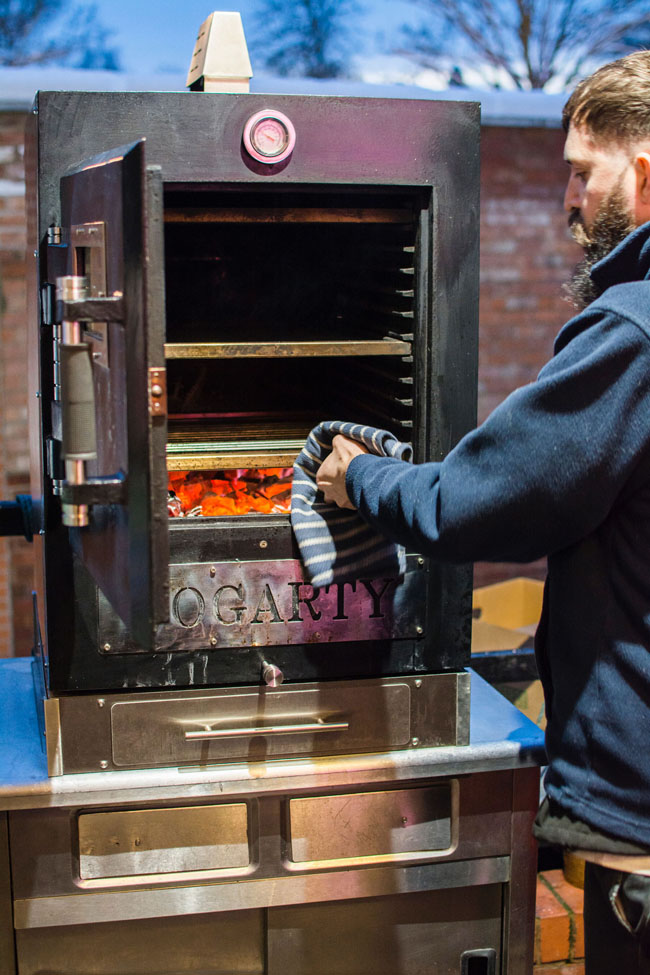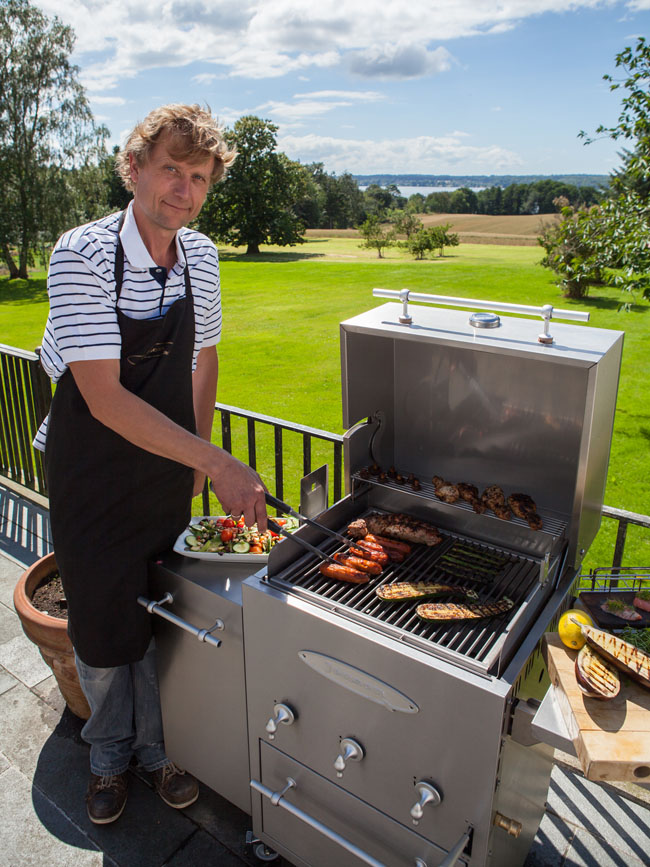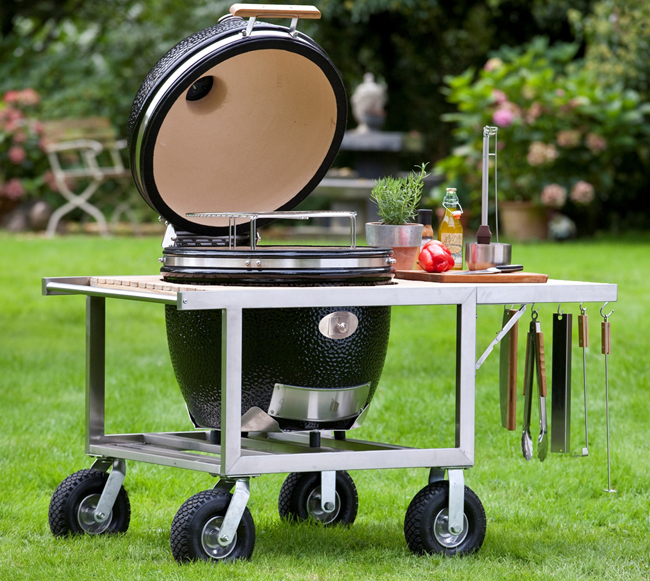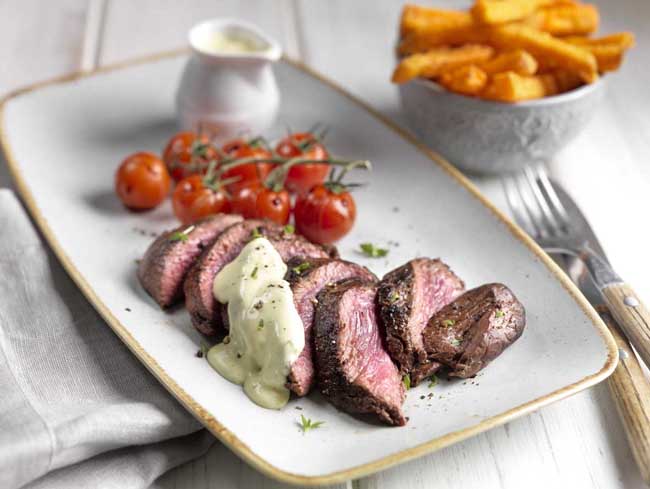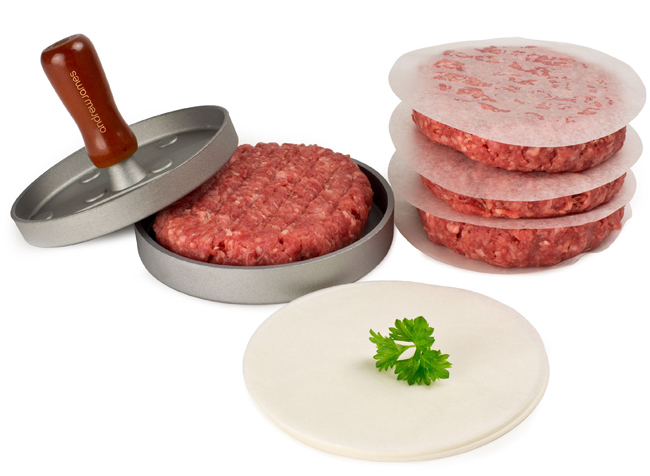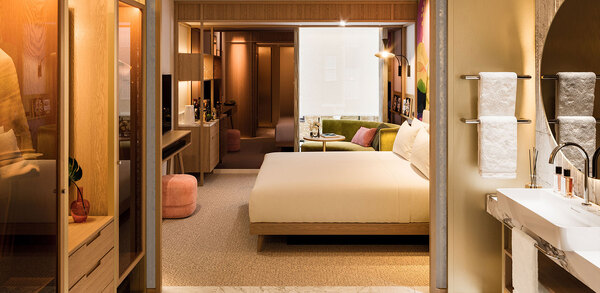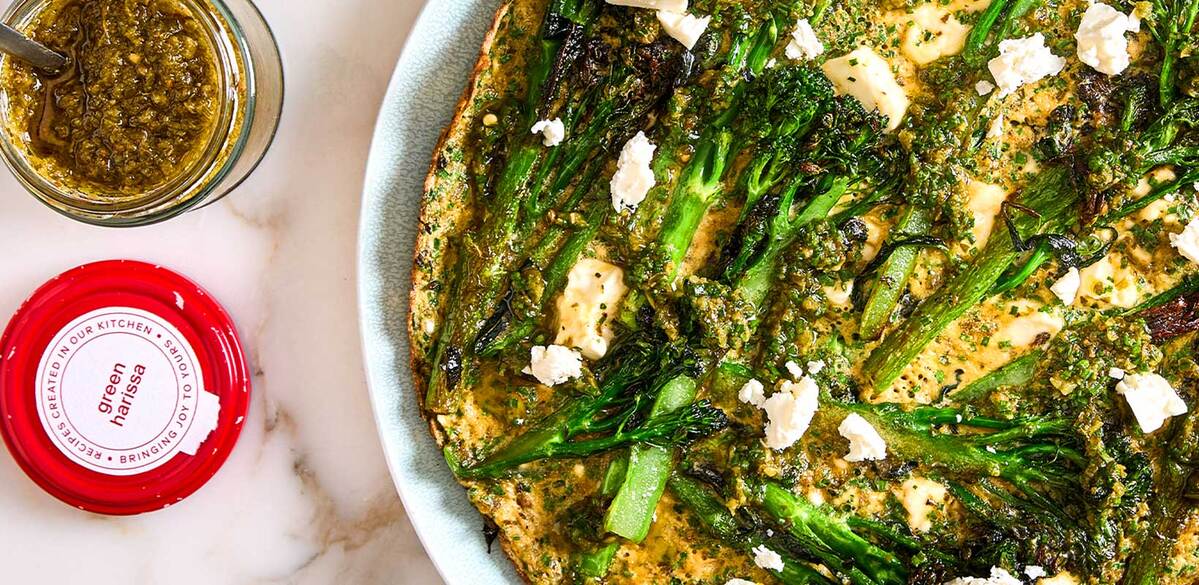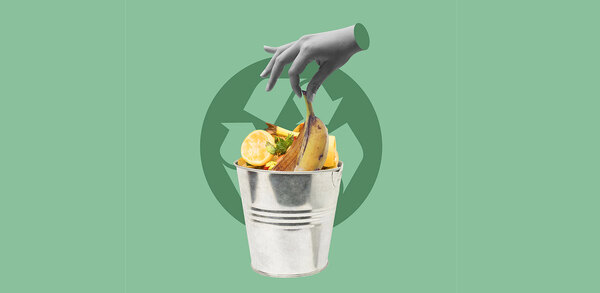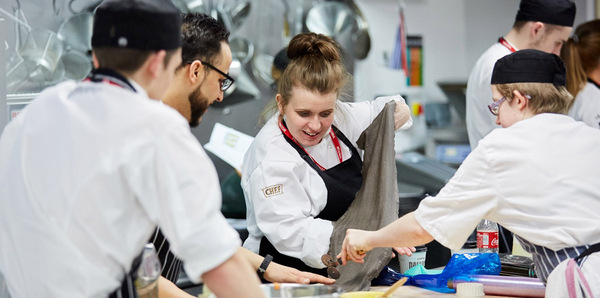Licence to grill: How to choose the perfect barbecue for low 'n' slow cooking in your kitchen
Barbecue dining need not be limited to the height of summer, with suppliers providing a variety of indoor options. Ian Boughton reports
There are still caterers who believe that a barbecue is only an outdoor project to be wheeled out for hot days. But many suppliers are pointing to the growing number of chefs who take the view that the most tempting aspects of a barbecue menu can as easily be promoted and marketed indoors as well as out, and all year round.
âA traditional open barbecue lacks precise temperature control, which limits the production of fine food, and that is why many people still only offer the standard barbecue menu,â he argues. âA closed barbecue system, such as the Josper charcoal oven, allows far greater control, and so allows a much greater range of ingredients, including more delicate cuts.â
He is supported by Armend Aljo, operations manager at Oakman Inns, whose Navigation Inn at Cosgrove in Northampton features an open-plan kitchen, allowing the customer to view the cooking process. âWe make a big deal of our Josper ovens, and the enclosed design allows our chefs to chargrill, smoke, slow-cook and roast the most tender meats, fish and vegetables â" so it is certainly something we shout about.â
Several makers have been working on the concept of precise control in barbecue cooking, and the newest indoor item is the result of John Fogartyâs mission to create âthe perfect charcoal ovenâ.
âHeat can be transferred by three methods,â says Fogarty, founder of Forgarty Charcoal Ovens. âConduction is direct heat, which is excellent for steaks and game at high temperatures, and great for creating the Maillard reaction [the chemical reaction that gives âbrownedâ food its distinctive flavour]. Convection is hot air that is evenly distributed throughout the chamber, which is superb when cooking larger foods like whole chickens and joints. Radiation is indirect heat held for long periods, allowing the chamber to stay hotter for longer, which is great for slow cooking.
âThe Fogarty Charcoal Oven uses all three of those to full effect, in a closed-chamber, solid-fuelled oven. It has a solid cast-iron door and frame, with a high-grade stainless steel inside and a heat-resistant look-through, which makes it original. It has a simple open/close air-vent control system, and the oven releases smoke at a steady pace, meaning it can be used with most extraction units. There is a temperature gauge fitted to the frame above the door, meaning you will always get a true reading of oven temperature even when the door is open, unlike some ovens that have the gauge attached to the door.â
The Fogarty oven has been tested in Carters of Moseley in Birmingham, a Michelin-starred restaurant where chef Brad Carter agreed to trial and review the oven in a real-life situation; the chef is now the brand ambassador for Fogarty and has the original prototype oven.
Control is also the major feature of the Jensen Grill, which is new to Britain and promoted as âthe only true charcoal and gas barbecue in the worldâ. Why is a duel-fuel oven necessary?
âThereâs no substitute for the flavour of charcoal cooking â" gas grills simply donât cut it flavour-wise,â argues Paul Yates of barbecue manufacturer Que Fresco, who is also a barbecue website writer and blogger. âThat said, most chefs will agree that timing the readiness of a charcoal grill can be a challenge, heat control can be inconsistent, and set-up and clean-down is dirty. The dual-fuel Jensen Grill delivers the flavour positives of charcoal and eliminates the negatives.
âIf a chef wants to show the cooking in front of diners for atmosphere, then the Jensen Grill delivers â" when the lid is opened, the thermal output of charcoal combined with gas is less diminished, compared to gas on its own. And charcoal inevitably cools as service progresses, so the ability to turn on the gas to boost the cooking temperature gives consistency of heat without compromising the chargrilled flavour.â
Que Fresco also supplies the Monolith. Paul Yates explains: âThe Monolith is based on a Japanese Mushikamado design, a system of cooking in clay. The key for the professional caterer is a low-air circulation system which gives incredibly accurate temperature control for a charcoal barbecue. This type of Japanese-inspired ceramic grill is becoming popular for indoor catering because it offers the option of using different cooking methods on charcoal, from searing to smoking. Adding flavour to meat or accompaniments is probably a core use of the barbecue indoors, and the Monolith uses a smoke pellet feeder system; there is a range of scents to choose from.â
Ray Hall, managing director at RH Hall, makes the important point that just as barbecues do not have to be summer events, barbecue cooking really must be promoted as more than meat in a bun. Hall works with Ben Bartlett, a former barbecue champion, and has been involved with sponsoring several national BBQ Battle contests under its Crown Verity brand. For the caterer, the useful aspect of such contests is that entrants are commercial operators, from contract caterers to pub chefs, and their three-course recipe entries are judged on practicality in a catering situation. There is also an international championship run by the World BBQ Association, which will take place in Sweden this year.
âChefs from across the industry have demonstrated that a bit of creative thinking allows venues to offer exciting menu options,â notes Hall. Spectators at these events have often been surprised at the variety of dishes in a barbecue situation.
Bartlett himself has demonstrated such unexpected barbecue recipes as watermelon pizza and donuts and grilled bananas with Irish cream liqueur, which involves cooking the peeled bananas in foil, slitting and serving with liqueur and vanilla pod ice-cream.
In the two most recent BBQ Battle events, entries have included a starter of hot smoked eel with barbecue apple sauce (from the 2016 champion, Martin Wheeler of the University of Reading), Cornish lobster, sea bass, venison, scallops, duck breast, and smoked and truffled poached quailsâ eggs.
Barbecued desserts have included salt-baked pineapple with Malibu and smoked chilli oil, mascarpone, basil and coconut ice-cream (from the head chef of the Down Hall Country House hotel, in Bishopâs Stortford), apple and peach crumble with peach cider and cream (from Marstonâs Inns), and a vodka-marinated watermelon with elderflower cordial.
The key to this thinking is to forget the idea of barbecue cookery as âfast foodâ; indeed, the World BBQ Association makes a point of stressing âthe skill of slowânâlowâ, which it says is the real art of American barbecue. This is right, says Darren Osborn, marketing manager at Thomas Ridley Foodservice: âLow, indirect heat is the key â" the common mistake is to fill the barbecue with charcoal, set it alight and wait for the flames to roar before flinging on the meat. Barbecue food is a slow cook, and ideally, you should have a cooler area on the grill for food that is nearly cooked.â
This takes you away from the blackened, burned look, he says. Slow and careful is the key to using unexpected barbecue menu items as ostrich steaks, which are low in cholesterol and fat, but a good alternative to traditional steaks, or a spicy pulled pork with fluffy white rice, which will taste deliciously smokey when slow-cooked.
Mince matters
There is a distinct trend in barbecue burgers, says Adam Jones, marketing manager at kitchenware supplier Andrew James, which has brought out a quarter-pounder burger mould.
âWeâre seeing a growing trend in the number of catering companies making their own burgers rather than ordering in preformed ones. When we looked into this, many told us there were two advantages â" they could precisely control portion size, and could assign the âhand-madeâ claim with total credibility.
âYou may think ordering in preprepared burgers is cheaper, but making your own from scratch lets you know exactly whatâs going into each burger.â
Suppliers
Josper
www.jestic.co.uk
01892 831960
Fogarty
www.fogartycharcoalovens.co.uk
07544 032122
Que Fresco www.quefresco.co.uk
07814500755
Monolith
www.monolith-grills.co.uk
020 8309 6020
Jensen Grill
www.bbq-barn.co.uk/jensen-grill.php
020 8309 6020
RH Hall
www.rhhall.com
01296 663400
Lincat
www.lincat.co.uk
01522 875500
Thomas Ridley Foodservice
www.thomasridley.co.uk
01359 270536
Andrew James
www.andrewjamesworldwide.com
0191 377 8358
World BBQ Association
www.world-bbq.com



